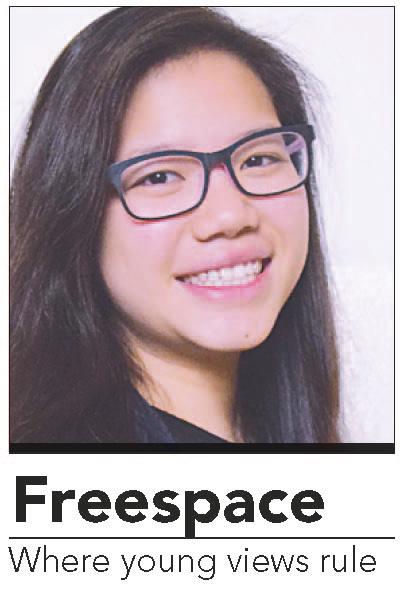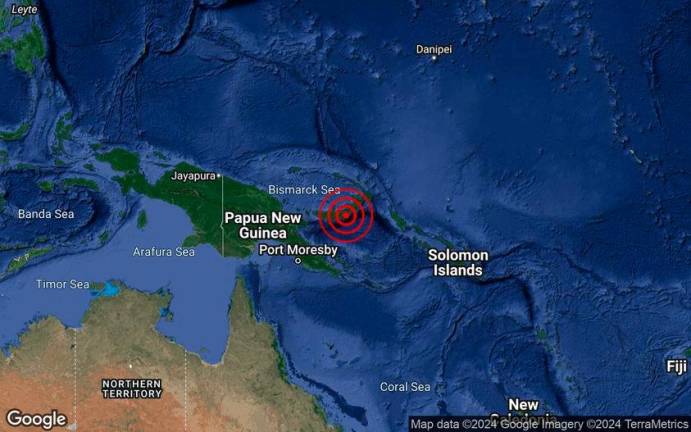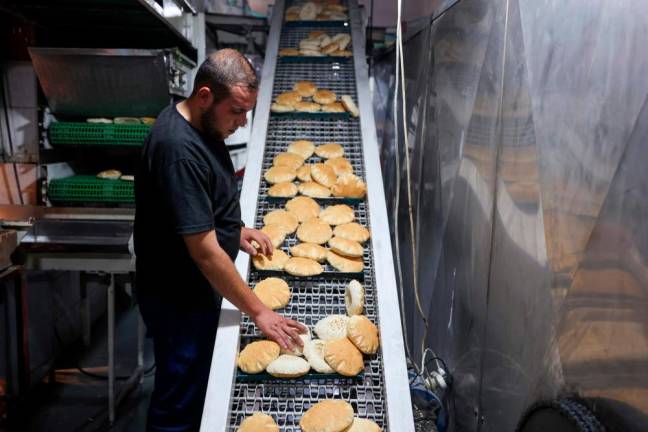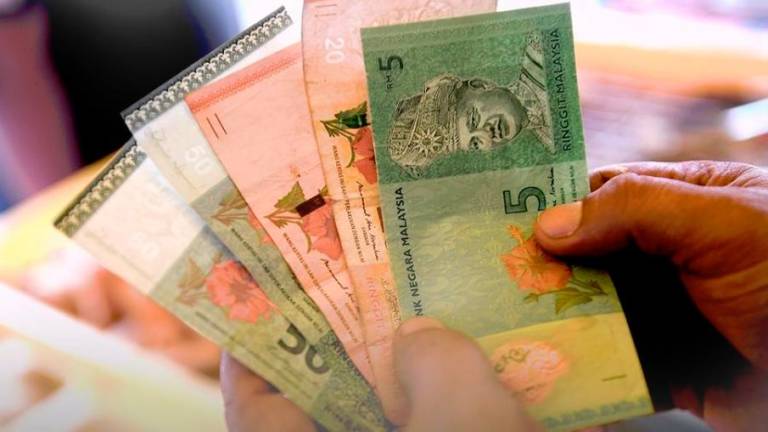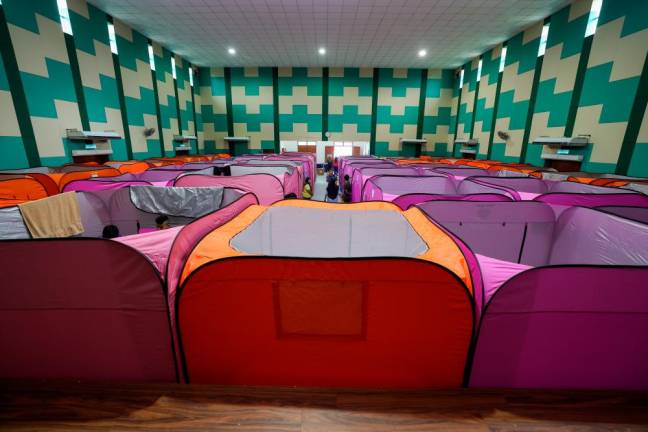WE live in the digital age where most of us are constantly connected. Through our phones, tablets and laptops, we enjoy speedy access to an endless stream of information.
You can learn how to make fake spider webs for a spooky party, load an online teleprompter for self-made videos or buy a customised gift for a friend overseas. Yes, I have done all of the above.
For those of us who grew up alongside technology, the internet has proven a faithful companion as we stumble our way through life. We googled answers to high school biology questions, searched for first jobs online, even redefined keeping in touch with email and social media.
It is therefore nearly impossible to imagine a life without access to the World Wide Web; to me, it has always been a part of life. Then, I found out that the “online” status is a privilege billions of people do not enjoy.
According to the United Nations, more than half of the world’s population live without being online. The global body defines being online as having used the internet from any location and with any device at least once in the past three months.
What is even more striking is that a new analysis of UN data by the Web Foundation has shown that the growth of access to the internet has slowed down painfully in the past decade. From a 19% growth in 2007, we only recorded an under 6% growth last year.
Today, 3.8 billion people remain offline. Furthermore, the yet unpublished report shared with The Guardian showed that of the number, women and the rural poor remain the most isolated in the digital sphere.
The implications are real. Research has shown that both academics and the public believe in a correlation between internet access and economic growth.
The internet offers more than information; it links us to opportunities, education, public conversation and social circles.
Governments and administrations are also moving into digital systems, allowing users to pay taxes, apply for licences and carry out other filing needs online.
Cash is being dethroned in favour of digital transfers, all in the name of speed and convenience.
We are advancing quickly as a society. But in this digital revolution dash, not everyone is benefiting. In fact, billions are getting left behind. These individuals – especially women, the elderly and rural poor – remain offline, widening the existing gaps in education, wealth, opportunities and progress.
Building a connected world is a complex problem, especially in rural areas where communities cannot afford to pay for internet services.
Tech companies reportedly rarely look into developing the infrastructure in these areas because it often makes no economic sense, on the surface at least.
There are also a number of other challenges, including low levels of digital literacy, content relevance and affordability. As books are being traded for tablets and classrooms for digital learning spaces, access to education is becoming heavily reliant on connectivity.
So if we are not taking steps to build a world that is not only connected but also digitally literate, I believe poverty will only increase as education, and therefore opportunities, become distant dreams for many.
Last month, I saw a roadside banner put up by an assemblyman for a free course teaching senior citizens how to use smartphones. The banner made me laugh, but I now realise how thoughtful and aware the move was.
It is a simple approach with minimal costs, yet empowers lives in ways that matter. So perhaps instead of complex solutions with fancy names, those of us living in the connected world should be thinking of how to share what we already know.
If we consciously and consistently do so, we may find that creating connectivity, and equal opportunities for all is not as unattainable as it looks.
Comments: letters@thesundaily.com



